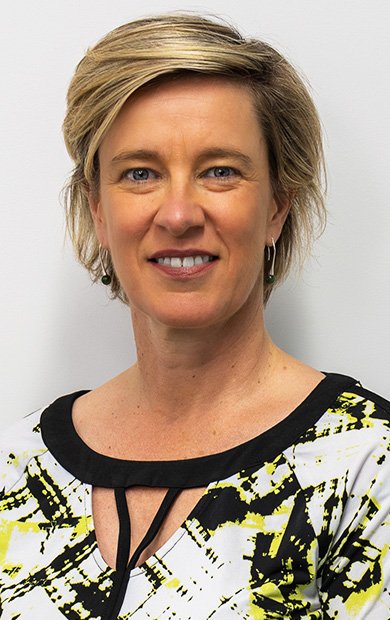Building a stronger Timor-Leste through standardisation
Statements
Timor-Leste, a young nation emerging from decades of conflicts, has made significant progress since gaining independence. However, the country still faces significant challenges. In 2022, Timor-Leste experienced a -5% economic contraction due to the COVID-19 pandemic and Tropical Cyclone Seroja. Despite record high budgets in 2022 and 2023, the non-oil economy was heavily impacted.
In a significant move towards regional economic integration, Timor-Leste is set to benefit from a comprehensive standardisation initiative aimed at boosting growth and improving quality and safety. As part of the Timor-Leste Standards Uplift Initiative, Standards Australia recently conducted a week-long visit to deliver capacity-building workshops and the Timor-Leste Standardisation Roadmap, in collaboration with the Institute of Quality of Timor-Leste, their national standards body.
To help address these challenges, the Roadmap outlines a 5-year vision to strengthen and streamline standardisation capabilities. Key actions include:
- Supporting Timor’s standards body’s compliance to join the World Trade Organization, enhancing export opportunities and facilitating imports of the goods, services and capital.
- Diversifying and scaling markets in sectors such as hydrocarbon, coffee, agriculture, clothing, and tourism to build economic capacity.
- Improving quality infrastructure to boost competitiveness, access to new markets, and foster innovation.
- Enhancing waste management systems through standards for composting, recycling, and reuse.
Jesse Riddell, Senior International Partnerships Manager at Standards Australia, explains: “Standardisation is an enabler for economic, social, and environmental progress. It helps enhancing competitiveness, supporting process improvement, scaling up operations, creating new markets, providing consumer protection, improving public health and safety, and attracting foreign investment.”
The Roadmap assesses the country’s standards development capabilities and provides a plan to increasing capacity. The report includes recommendations to bridge gaps, build institutional capacities, and focus on sectors where standards can support national priorities.
As Timor-Leste continues its journey towards a more resilient and prosperous future, the Roadmap is a crucial step in achieving the objectives of the Timor-Leste Strategic Development Plan 2011–2030.
This initiative is also in collaboration with the Department of Foreign Affairs and Trade and its Partners hip for Inclusive Prosperity program.

.png)
Timor-Leste, a young nation emerging from decades of conflicts, has made significant progress since gaining independence. However, the country still faces significant challenges. In 2022, Timor-Leste experienced a -5% economic contraction due to the COVID-19 pandemic and Tropical Cyclone Seroja. Despite record high budgets in 2022 and 2023, the non-oil economy was heavily impacted.
In a significant move towards regional economic integration, Timor-Leste is set to benefit from a comprehensive standardisation initiative aimed at boosting growth and improving quality and safety. As part of the Timor-Leste Standards Uplift Initiative, Standards Australia recently conducted a week-long visit to deliver capacity-building workshops and the Timor-Leste Standardisation Roadmap, in collaboration with the Institute of Quality of Timor-Leste, their national standards body.
To help address these challenges, the Roadmap outlines a 5-year vision to strengthen and streamline standardisation capabilities. Key actions include:
- Supporting Timor’s standards body’s compliance to join the World Trade Organization, enhancing export opportunities and facilitating imports of the goods, services and capital.
- Diversifying and scaling markets in sectors such as hydrocarbon, coffee, agriculture, clothing, and tourism to build economic capacity.
- Improving quality infrastructure to boost competitiveness, access to new markets, and foster innovation.
- Enhancing waste management systems through standards for composting, recycling, and reuse.
Jesse Riddell, Senior International Partnerships Manager at Standards Australia, explains: “Standardisation is an enabler for economic, social, and environmental progress. It helps enhancing competitiveness, supporting process improvement, scaling up operations, creating new markets, providing consumer protection, improving public health and safety, and attracting foreign investment.”
The Roadmap assesses the country’s standards development capabilities and provides a plan to increasing capacity. The report includes recommendations to bridge gaps, build institutional capacities, and focus on sectors where standards can support national priorities.
As Timor-Leste continues its journey towards a more resilient and prosperous future, the Roadmap is a crucial step in achieving the objectives of the Timor-Leste Strategic Development Plan 2011–2030.
This initiative is also in collaboration with the Department of Foreign Affairs and Trade and its Partners hip for Inclusive Prosperity program.


